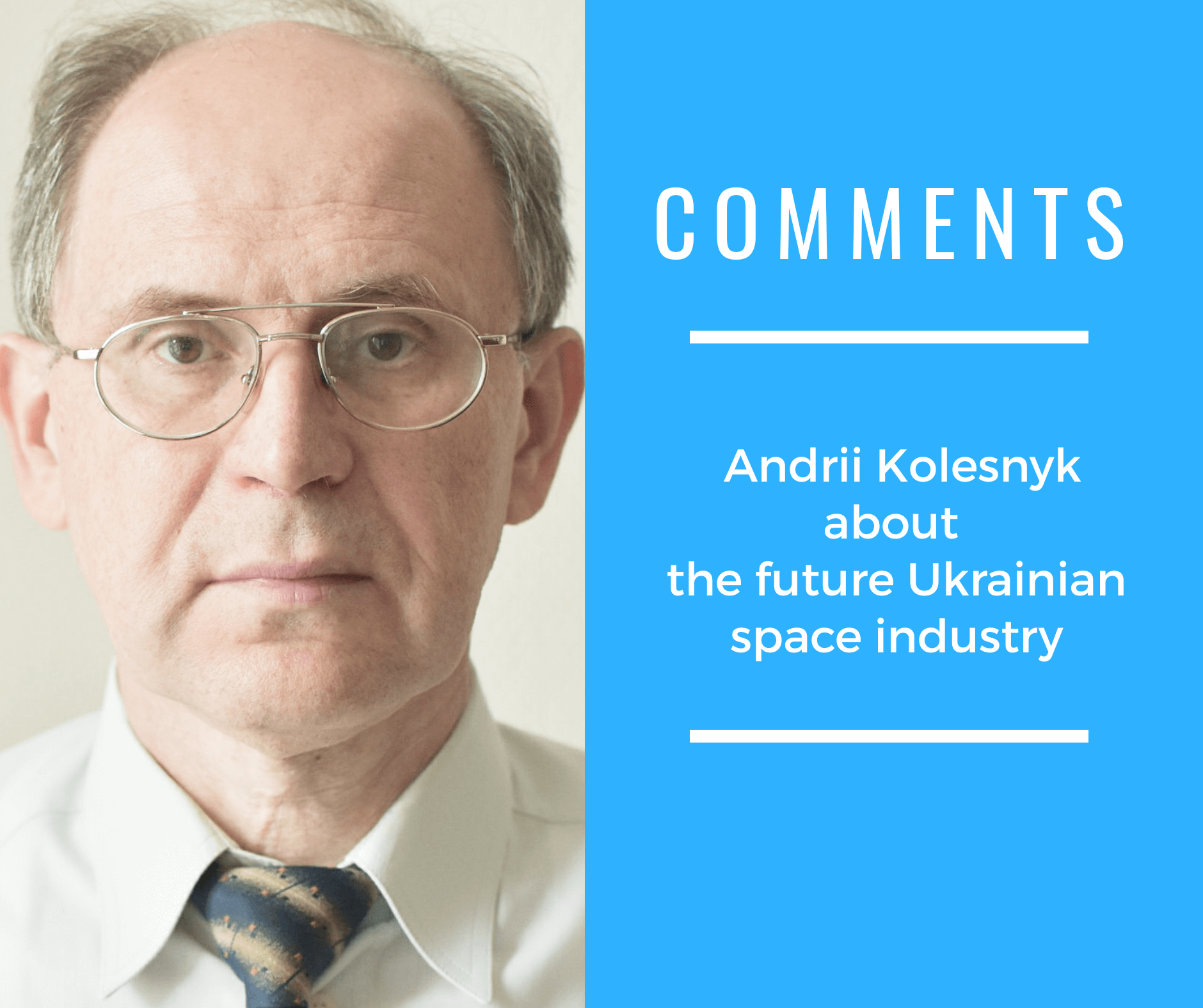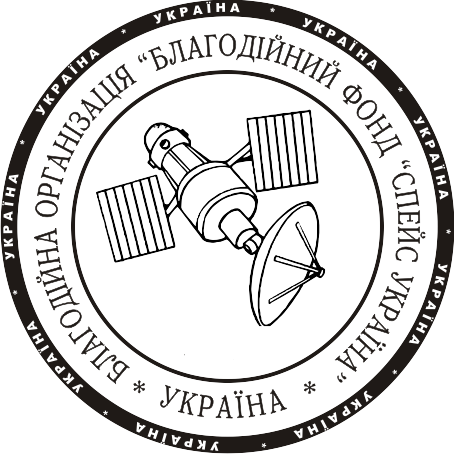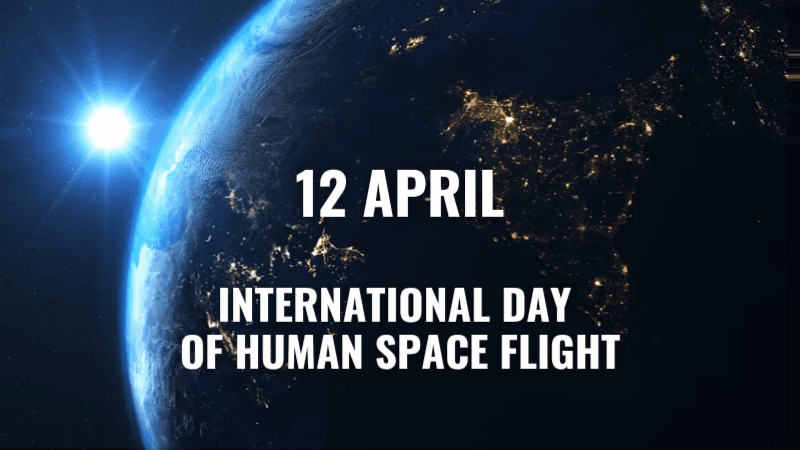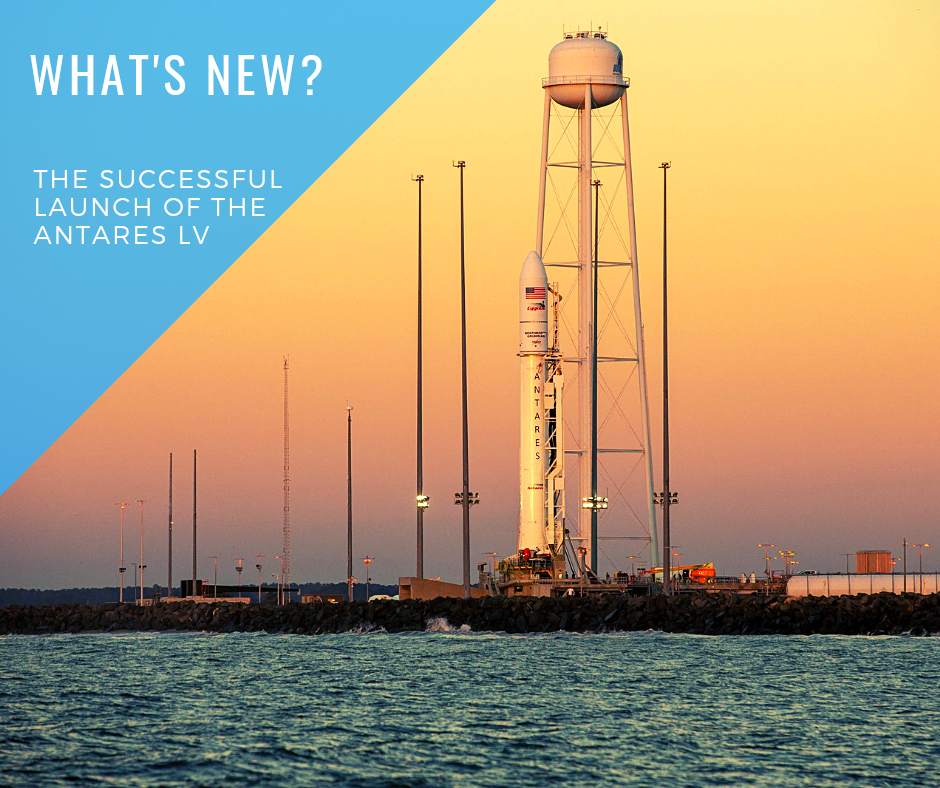Andrii Kolesnyk, Adviser to the Head of State Space Agency of Ukraine, former head of Analysis and Forecasting of space activities Department.
- How do you estimate the prospects of Ukraine’s membership in the European Space Agency? When will it happen? In your opinion, what are the prospects in this regard to the space industry of Ukraine?
The issue of accession to the Convention on the establishment of the European Space Agency (ESA) has been on Ukraine’s agenda since 1993. It was then that the first necessary steps were taken, such as:
- the commencement of negotiations with ESA at the political level;
- passing internal procedures on the expediency of accession, including the official translation of the ESA Convention into Ukrainian;
- assessment of the necessary financial resources, which must be allocated annually for the “overhead costs” of ESA in addition to targeted contributions to space programs and projects that will be of interest to Ukraine;
- identification of specific programs and projects in which Ukraine could be among the participants, etc., for example, in the first half of the 90s it was considered both technically and legally, the possibility of using a launch vehicle “Zenith” from the Kourou Spaceport in French Guiana, South America.
A lot changed since then. The possibility of quick accession has been lost, and now the procedures in ESA have changed in a complex way. Then the strategic mistake was to choose another vector of international cooperation, which was the north-east and later, decades later, proved to be a dead end.
Given current geopolitical changes, the path to space Europe should become one of Ukraine’s current priorities. Although long-term step-by-step procedures must be maintained by the European space community, on the other hand, the issue needs, above all, flexibility.
It will be much easier to approach this goal in the case of launching joint ESA-Ukraine projects so that there is something to support the political process of entry, topics will be enough, for example, the Monthly Program. And this requires at least public consent for appropriate sustainable budget funding.
Modern project management, pre-determined range, and volume of orders, transparent and timely funding – something that has long been lacking in Ukrainian research organizations, specialized design bureaus, and manufacturers of rocket and space technology can become an everyday attribute in the case of step-by-step rapprochement with ESA. In the future, after acceding to the Convention,
- How do you estimate the prospects for cooperation with NASA? What can Ukraine offer? What makes difficulties in Ukraine’s cooperation with ESA and NASA? What problems does Ukraine need to solve in order to revitalize it?
We went through two stages of establishing a relationship with the US Aerospace Agency, in the ’90s and after 2008. A special flourishing took place for the first time when Ukraine received the only astronaut today is Leonid Kadeniuk. Both stages ended due to the improper conduct of the Ukrainian side. The last time this has happened in 2016.
To get a chance for the third time, extraordinary steps are needed. First of all, to demonstrate radical internal changes in the field of space activities, while building completely different approaches to the view of international relations and their practical implementation.
The American side is currently carefully exploring the situation around space activities in Ukraine, but it does not hurry. We can understand them; they do not want to get burned once again. In the space industry, it is too expensive. It takes years for the renewed partnership again.
Ukraine, both in its relations with NASA and ESA, needs to get rid of attempts to imitate international cooperation once. To move from the begging, we hoped for a subcontract for Ukrainian space companies, for real co-financing of joint efforts in space exploration and development who are in the public eye. But not in order to put a tick, but to benefit Ukrainian society by developing its own space ecosystem. This is one of the main goals of the new team that came to control the Ukrainian space.
Ukraine needs to once again prove it as a desirable and reliable partner and to do so to carry out appropriate reform of space activities within the country. Realizing that time is short, we try to take a comprehensive approach to the problem and cover all aspects that require drastic intervention.
- You are a representative of the “old” generation of officials who have worked in the space agency since its foundation. Now, a new team with new ideas and approaches has come to the agency. What innovations, in your opinion, are the most interesting and important?
I don’t feel like a dinosaur (laughs). Then both mastodons from the Soviet system and a large enough group of young professionals with uncluttered brains really came. I belonged to the latter, supporting the already existing own competencies by obtaining additional knowledge, first of all, managerial in the aerospace sphere, usually at that time only foreign. And the first concrete proposal to reform the rocket and space industry 25 years ago was based on the concept of corporatization, a grouping of profile assets, and their effective use according to technical and economic interests.
The new opportunities that were born with the explosive commercialization of world space activities, a different view of the role of the state in this process – required a completely unconventional approach to the system of public administration of space activities in Ukraine.
It is the latest times that have given birth to the demand for qualitatively different state management and its essence. That is why a new team has appeared in the Agency, which aims to implement such necessary changes, which include:
- coverage of the state space policy, which should be primarily developed and which should be the basis for formulating the strategic goals of the state in the field of space activities, sustainable development of all its segments, which include civilian: scientific, technical and commercial, and military security ;
- creation of a space ecosystem with a diversified economic base. This is a single regulatory field for state-owned enterprises and private companies to be corporatized in the near future, including the birth and formation of startups, as well as the activities of investment (venture) funds, etc. .;
- state support exclusively for those projects within the framework of international programs, where the contribution of Ukrainian participants significantly increases the quality and return from their implementation for the benefit of both the world community and Ukrainian society;
- development and implementation of public-private partnership mechanisms within the framework of most projects, which should form the basis of state-space programs.
This list is no exception. To become one of the drivers of scientific, technological, and economic development of the state, its implementation also requires coordinated state management of space activities in Ukraine, focused on achieving results. Therefore, a change in the structure of the space agency will allow the implementation of new approaches and ideas for all time.



